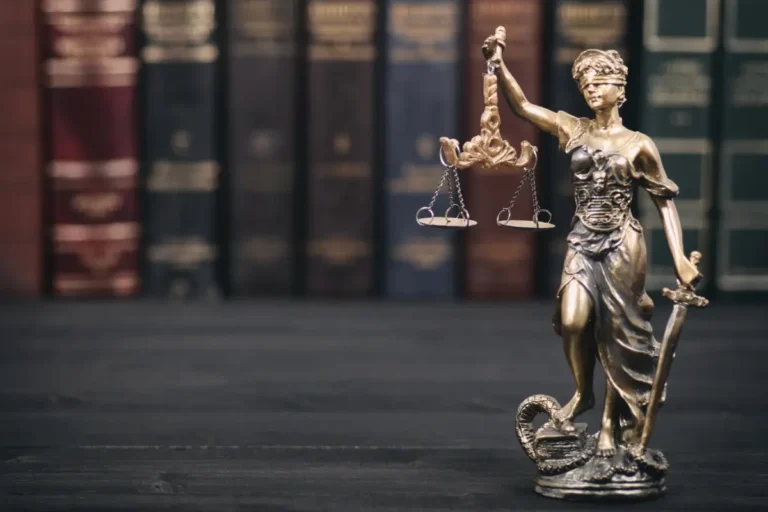The case of Butler Machine Tool v Ex-Cell-O Corporation is a leading authority in English contract law, particularly regarding the ‘battle of the forms’ and the application of the last shot rule in contractual disputes. The case was decided by the Court of Appeal in 1979 and remains significant in understanding how courts determine contract formation when both parties submit conflicting terms. The decision clarified the principles of offer and acceptance, as well as the implications of counter-offers in business transactions.
Facts of Butler Machine Tool v Ex-Cell-O Corporation
The dispute arose between Butler Machine Tool Ltd. (the seller) and Ex-Cell-O Corporation (the buyer) concerning the sale of a machine tool. The sellers provided a quotation of £75,535 for the machine, which included their standard terms of sale. These terms contained a price variation clause, allowing for price adjustments depending on fluctuations in manufacturing costs. Additionally, the seller’s terms explicitly stated that their conditions would override any terms proposed by the buyer. The machine was to be delivered within ten months.
The buyers, Ex-Cell-O Corporation, responded with an order for the machine at the quoted price but attached their own terms and conditions, which did not include the price variation clause. Their order form contained an acknowledgement slip, requiring a signature from the seller and a return to the buyer, signifying agreement to Ex-Cell-O’s terms.
The seller signed and returned the acknowledgment slip, along with a cover letter referencing their original quotation. When the machine was later delivered, Butler Machine Tool attempted to enforce the price variation clause, demanding an extra £2,893 due to increased manufacturing costs. However, Ex-Cell-O Corporation refused to pay this additional amount, arguing that the contract was formed under their terms and conditions, which did not include the price variation clause.
Legal Issue
The central legal issue in Butler Machine Tool v Ex-Cell-O Corporation was:
- Which set of terms governed the contract?
- Was the contract formed on Butler’s (seller’s) terms, including the price variation clause, or on Ex-Cell-O’s (buyer’s) terms, which excluded it?
This required the court to assess at what point the contract was formed and which party’s terms prevailed.
Decision of the Court in Butler Machine Tool v Ex-Cell-O Corporation
The Court of Appeal ruled in favour of Ex-Cell-O Corporation, holding that:
- The buyer’s order was not an acceptance of the seller’s terms but rather a counter-offer, which introduced new conditions.
- The seller’s return of the signed acknowledgment slip constituted acceptance of the buyer’s counter-offer, forming a contract under Ex-Cell-O’s terms.
- Since the contract was concluded on the buyer’s terms, the price variation clause was not part of the agreement, and therefore, Butler Machine Tool had no right to claim the additional amount.
Key Legal Principles Established
The ruling in Butler Machine Tool v Ex-Cell-O Corporation reinforced several key contract law principles:
Counter-Offer and Acceptance
The court confirmed that a purported acceptance that introduces new terms is actually a counter-offer. Since Ex-Cell-O’s response contained its own terms, it negated the original offer from Butler Machine Tool. A counter-offer nullifies the original offer, meaning the initial terms no longer apply unless expressly reaffirmed.
The ‘Last Shot’ Rule
In situations where both parties exchange conflicting terms (battle of the forms), the contract is typically governed by the last set of terms communicated before acceptance and performance. The last party to send their terms, which are accepted by the other party’s conduct, wins the ‘battle’. Since Butler Machine Tool signed and returned the acknowledgment slip provided by Ex-Cell-O, they effectively accepted the buyer’s terms, making Ex-Cell-O’s conditions the binding ones.
Interpretation of Conduct in Contract Formation
The seller signing and returning the slip, even with a cover letter referring to their own terms, was insufficient to override Ex-Cell-O’s conditions. The court determined that actions speak louder than words: Butler’s signature on the acknowledgment slip meant acceptance of Ex-Cell-O’s terms.
Conclusion
The ruling in Butler Machine Tool v Ex-Cell-O Corporation remains a defining precedent in contract law, particularly in cases involving conflicting standard terms in commercial transactions. The decision reaffirmed the principles of counter-offers, acceptance, and the ‘last shot’ rule, providing clarity on contract formation when both parties introduce differing terms. Businesses engaging in contracts must be mindful of how they accept terms, ensuring they explicitly agree to or reject conditions to avoid disputes similar to those in this case.
By ruling in favour of Ex-Cell-O, the Court of Appeal underscored the importance of clear contractual communication and mutual acceptance, shaping the way contracts are interpreted in business transactions today.




